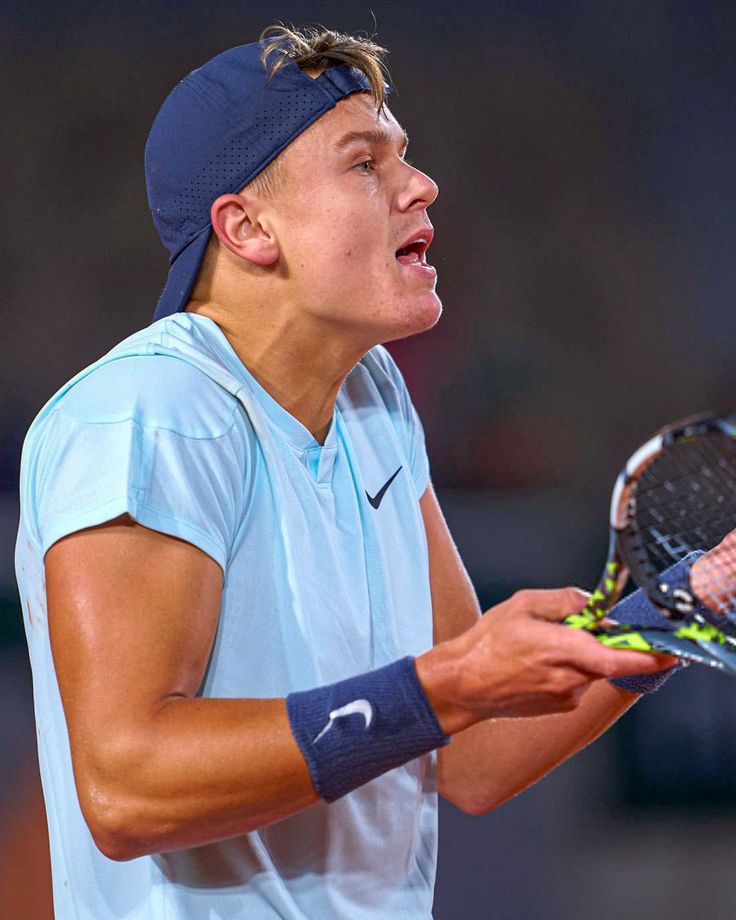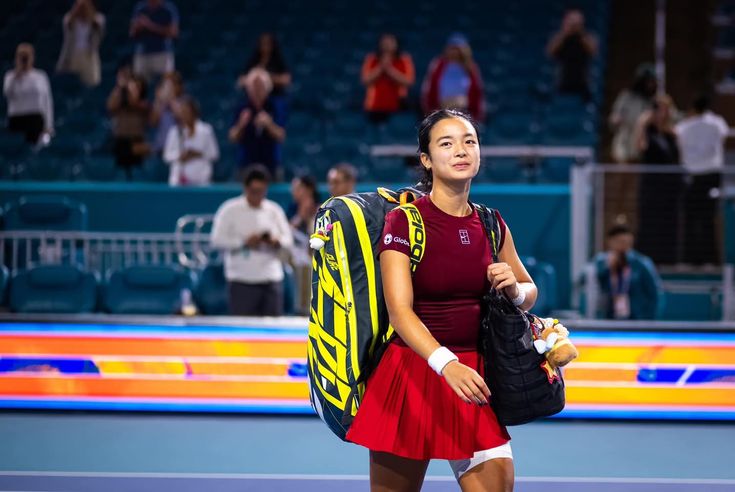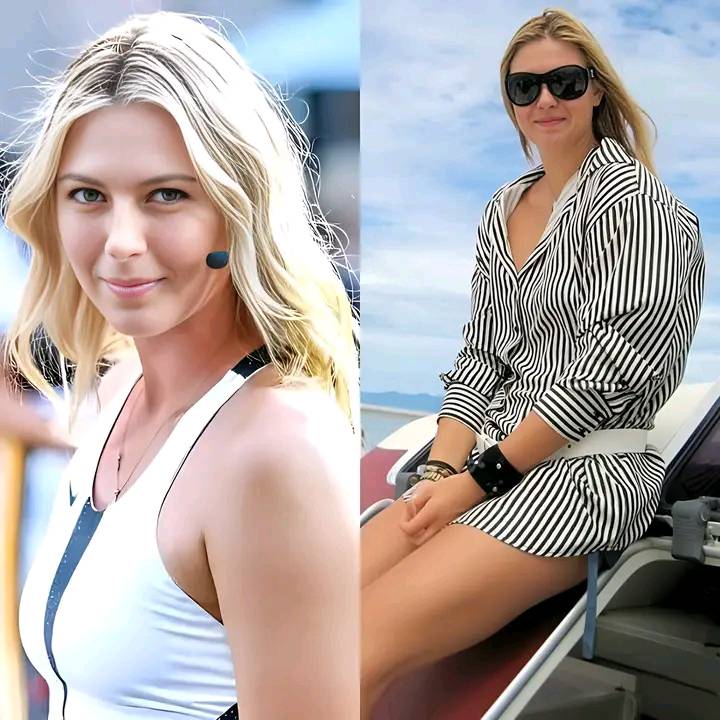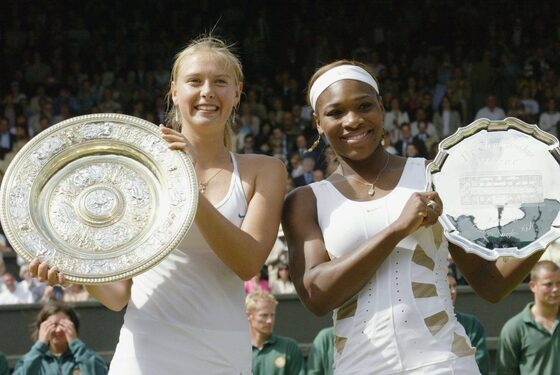Introduction:

When two rising tennis stars intersect—one on screen and the other watching intently—there’s more than just entertainment at play. In a recent interview, Danish tennis prodigy Holger Rune opened up about a surprising observation he made while watching Carlos Alcaraz’s Netflix documentary. This revelation wasn’t just a throwaway comment—it carried weight, insight, and a hidden edge that could shape Rune’s path forward.
As tennis continues to evolve into a sport driven as much by mental resilience and personal branding as raw talent, fans, coaches, and analysts are eagerly dissecting what separates Alcaraz, a two-time Grand Slam champion, from his peers. Rune’s sharp eye caught something that others missed—and it might just reveal the mindset difference behind modern-day success.
So what exactly did Holger Rune notice? And what can we, as fans, professionals, or aspiring athletes, learn from it?
Let’s dive into the one observation that speaks volumes.
Body:
Holger Rune’s Revelation: A Glimpse Beyond the Baseline
While Rune admitted enjoying the behind-the-scenes view of Alcaraz’s rise to stardom, one moment stood out starkly to him.
“What struck me the most was how calm and focused Carlos stays even during the most pressure-filled moments,” Rune revealed in a recent interview.
“His mental balance—his ability to be light yet locked in—is rare.”
This wasn’t about forehands or footwork. Rune’s takeaway centered on mental composure, a trait often glossed over but increasingly critical in today’s high-octane tennis environment.
Why Mental Fortitude Matters in Modern Tennis
Gone are the days when sheer physicality was enough to win titles. The modern tennis era demands emotional resilience, media poise, and the ability to perform under constant scrutiny. According to a 2023 ITF report, 78% of top-50 ATP players engage in some form of mental coaching.
Rune, ranked within the ATP Top 10 himself, is no stranger to pressure. But seeing Alcaraz’s unshakable calmness, especially during career-defining matches, hit differently.
“It’s not that I don’t stay focused,” Rune said, “but Carlos makes it look effortless. That balance is something I’ve been thinking a lot about since watching the doc.”
Key Takeaways from the Alcaraz Documentary That Impressed Rune
1. Emotional Stability in Chaos
Rune noticed that Alcaraz never lets the moment overpower him. In tie-breaks, in front of roaring crowds, or during post-match interviews—his demeanor remains unchanged.
- Why it matters: Maintaining a steady emotional state prevents burnout, enhances decision-making, and keeps performance consistent.
2. The Joy Factor
Alcaraz radiates joy—before, during, and after matches. Rune was quick to point out how this positive emotional baseline can diffuse tension and boost creativity on the court.
- Insight: Alcaraz isn’t just playing to win—he’s playing with joy, and that joy, ironically, helps him win more.
3. Tactical Patience
While Alcaraz is known for flashy plays, Rune appreciated the patience and intelligence with which he constructs points.
- Application: Mental composure translates into smarter, more strategic play—a lesson Rune believes he can apply.
Frequently Asked Questions (FAQs)
Q1: What is the name of the Carlos Alcaraz Netflix documentary?
The documentary is titled “Break Point”, a Netflix series that gives viewers unprecedented access to the lives of top tennis players, including Alcaraz.
Q2: Why is Holger Rune’s opinion important?
Rune isn’t just a passive viewer—he’s one of Alcaraz’s top competitors. His observation carries weight because it reflects a player’s perspective from inside the same high-stakes arena.
Q3: Has Holger Rune made changes based on the documentary?
While Rune hasn’t publicly confirmed any direct changes, he hinted at working more with his mental coach and adopting mindfulness strategies to improve his composure.
Q4: What separates Alcaraz from his peers, according to Rune?
His emotional control, love for the game, and tactical intelligence. Rune believes these elements are just as important as technical skill.
Q5: How can aspiring athletes benefit from this insight?
By prioritizing mental training, joy in practice, and emotional resilience just as much as physical drills.
5 Lessons Every Athlete Can Learn from Rune’s Observation
1. Stay Calm Under Pressure
Your body follows where your mind leads. By training your mental reactions, you enhance your athletic responses.
2. Find Joy in the Grind
Performance spikes when you love the process—not just the results. Rune’s insight on Alcaraz’s joy highlights this underrated advantage.
3. Learn from Competitors
Don’t shy away from learning even from your biggest rivals. Rune’s humility to learn from Alcaraz is a masterclass in growth mindset.
4. Train Mental Muscles
Incorporate meditation, visualization, or journaling into your training routine. As stats show, top-tier athletes spend up to 25% of their training time on mental fortitude.
5. Self-Awareness is a Superpower
Rune’s ability to recognize a gap in his own game after watching a documentary shows the power of introspection. It’s not about imitation—it’s about informed evolution.
The Bigger Picture: Netflix’s Role in Athlete Branding
Another key talking point? Netflix documentaries are redefining sports storytelling.
The “Break Point” series doesn’t just promote tennis—it builds personal brands. For Alcaraz, the doc helped position him not just as a tennis star, but as a global personality.
Rune acknowledges this shift. “It’s more than just playing now,” he said. “It’s about how you carry yourself, how you connect with fans. These documentaries let the world in.”
From a business perspective, this is gold. A player with brand equity can secure multi-million-dollar endorsements, connect with wider audiences, and extend their influence far beyond the court.
What This Means for Holger Rune’s Future
Rune is no passive observer. His team has already started to invest in psychological coaching, media training, and brand positioning—signs that he’s absorbing Alcaraz’s success formula while keeping his own identity.
“It’s about understanding what works for someone else and using that to make your own path better,” Rune concluded.
This adaptive mindset could be the defining factor in Rune’s future Grand Slam runs.
Conclusion: The One Thing Rune Noticed—and Why It Could Change Everything
Holger Rune’s candid takeaway from Carlos Alcaraz’s Netflix documentary wasn’t just insightful—it was actionable. In a sport increasingly influenced by psychological stamina and global branding, recognizing the power of emotional mastery may prove more important than ever.
Rune’s observation—how Alcaraz stays calm, joyful, and tactical under pressure—offers a playbook not just for tennis stars, but for anyone navigating high-stakes performance environments.
As tennis fans and professionals, this serves as a timely reminder: The difference between winning and almost winning often lies in the quiet moments—the mental micro-decisions no one sees.
And for Rune? That moment of clarity, sparked by a documentary, could very well be the edge that sets his next season apart.


